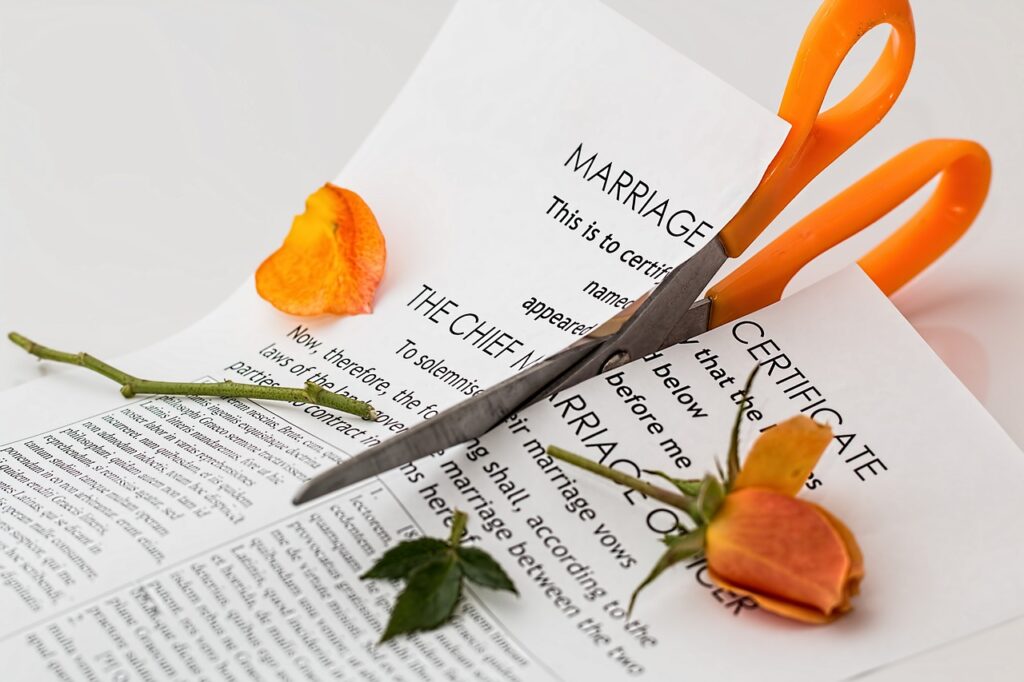Now Reading: What the Law Says About Slip-and-Fall Injuries
-
01
What the Law Says About Slip-and-Fall Injuries
What the Law Says About Slip-and-Fall Injuries
People slip and fall frequently. It can happen anywhere and at any time. It does happen to older individuals more often, but you can certainly slip and fall even if you’re young and spry.
If this happens to you, maybe you’re fine. However, you also might severely injure yourself. If so, you may wonder if you can hold anyone else accountable.
If you can, you could benefit from that substantially. You can use the lawsuit money to pay for your medical bills, wage loss, physical therapy bills, etc. What you’ll have to figure out is whether the law is on your side. As the experts at personalinjuryattorney-fresno.
You’ll need to look at several factors to determine that. Let’s review some of them right now.
Was the Fall Your Fault in Any Way?
For this article, let’s assume the slip-and-fall incident took place on someone else’s property. Maybe it was a store, or perhaps it was in a private residence. If you slipped and fell in your own home, it’s not likely you can get any money from that unless you can somehow make the slip-and-fall a defective product issue.
If you fell in a store, for instance, and decide to bring a lawsuit, the law will often look at something it calls comparative negligence. Comparative negligence:
- Looks at how much you’re to blame for your injury versus how much another entity contributed
- Often determines how much money you’ll receive, if any
For instance, in a store slip-and-fall case, maybe the jury decides you are 25% to blame for your accident, and the store caused the other 75%. That means the responsible party will only pay you 75% of the reasonable compensation rather than the full 100%.
An example might be if you slipped and fell in the store because the floor was wet. There was a sign up, but it had faded words on it, so you couldn’t read it.
The store was to blame because the sign had faded words, but you were partly to blame because there was still a yellow warning sign up, so you could reasonably assume there was a hazard ahead.
Were You Intoxicated or to Blame in Some Other Way?
If you slipped and fell in an establishment, there are certain times you’ll end up on a lawsuit’s losing end. That might happen if:
- You consumed excessive alcohol amounts and fell in the store for that reason
- You consumed illegal drugs and then fell in the store
If you come in a store intoxicated and fall for that reason, it’s probably not going to be worth it to pursue a lawsuit, and most lawyers will tell you that.
You also might fall and hurt yourself in a business that was closed at the time. You might break into someone’s house and slip and fall while you’re inside.
Amazing as it sounds, some people have tried to sue corporations or private citizens after breaking into their stores or homes. These lawsuits don’t often go anywhere. If you knew you were on private property, but you trespassed anyway and hurt yourself, it’s almost inconceivable you’d get any money out of it.
Other Reasons You Might Not Be Able to Collect
Some other situations might arise where you hurt yourself on someone else’s property, but because of your own actions. Perhaps you fell because you were talking intently with someone, either in-person or on your smartphone. Maybe you were playing a game on your phone or trying to listen to a podcast or your favorite album.
If you completely ignored an obvious hazard and hurt yourself, a jury is not likely to award you any money. If you were committing any type of crime when the injury occurred, that’s almost a guarantee you’ll receive no compensation.
The best chance you have to collect from a slip-and-fall is if you’re on someone else’s property, they had a dangerous condition and failed to warn you of it, and if you have plenty of evidence. That evidence might be witnesses. It might be your physical condition after the accident.
The more evidence you can produce, the better your chances to collect. You can bring a lawsuit, but if it’s obvious you’re going to get some kind of a payout, the entity or individual you’re suing is probably going to try to settle at some point.
If this happens, all you need to do is determine whether the amount they’re offering sounds acceptable or whether you want to force a jury’s decision.









